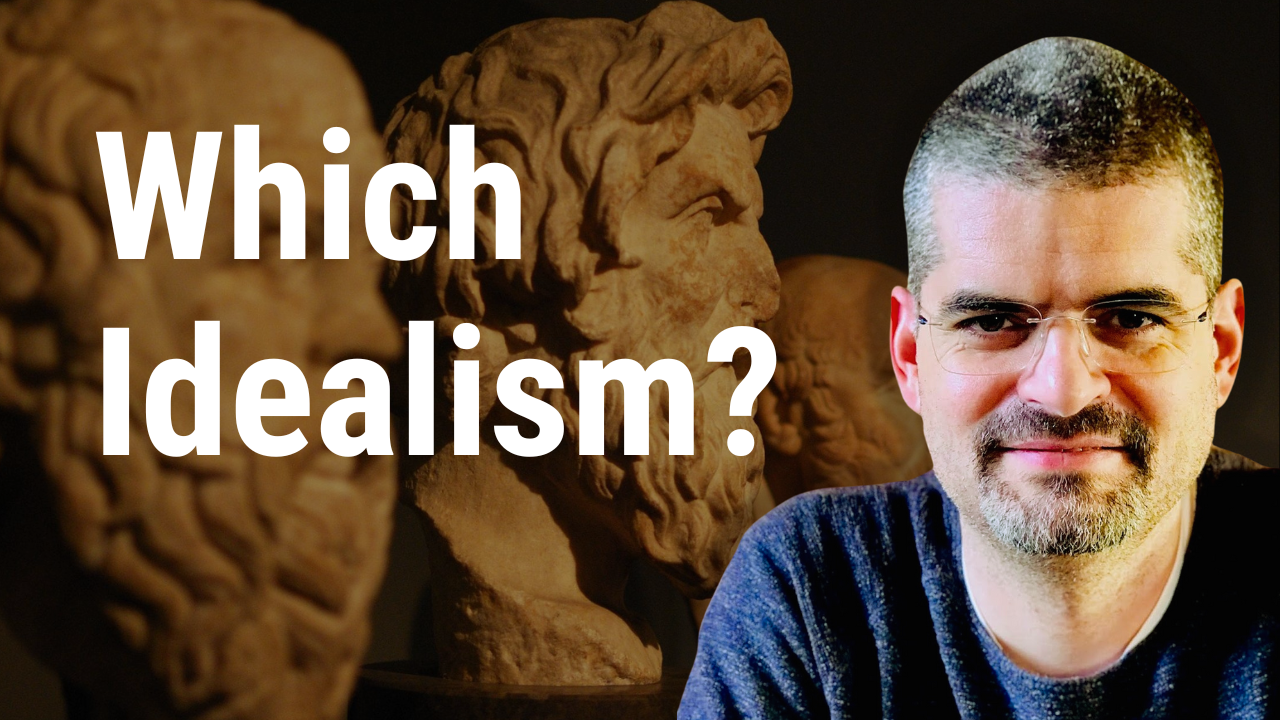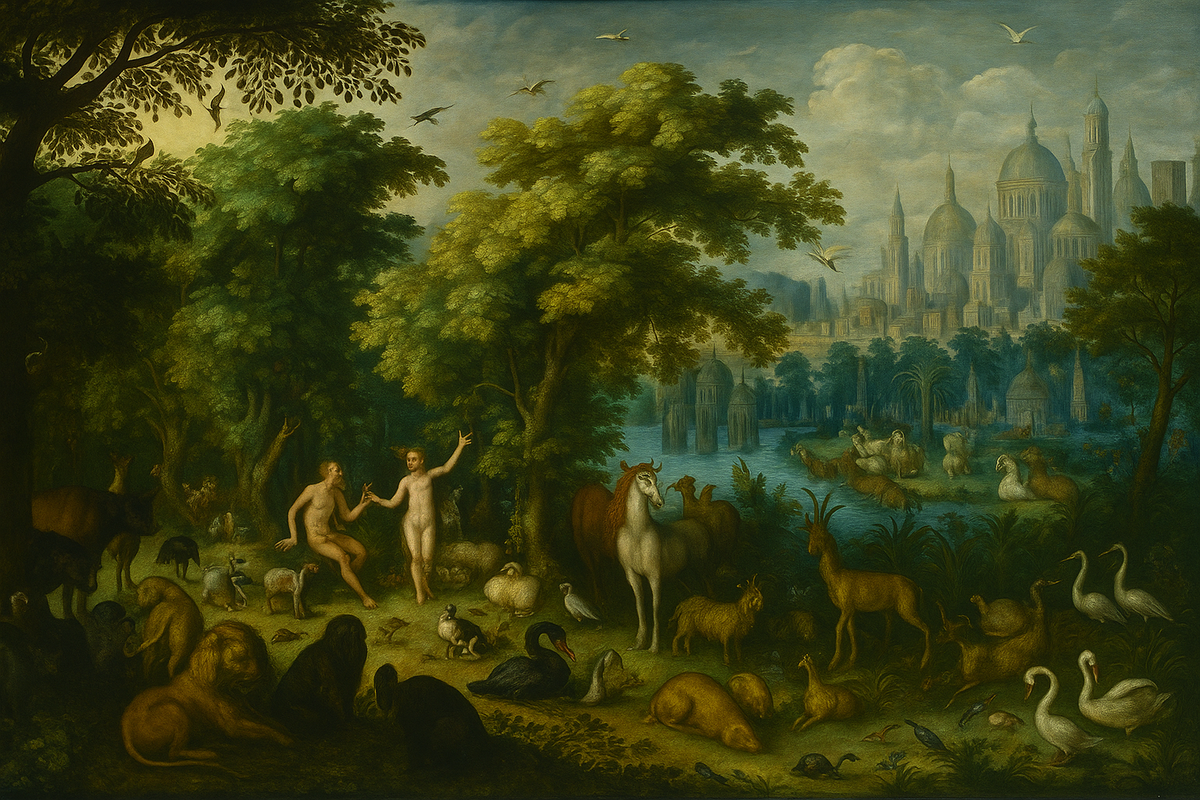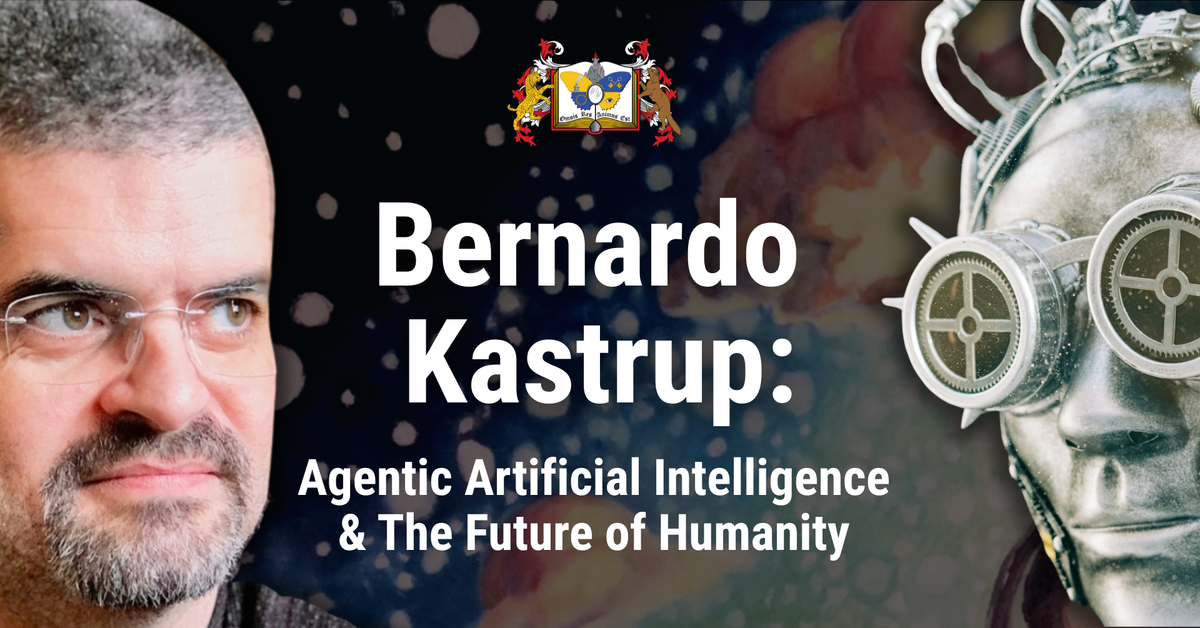Short clip: Understanding the different kinds of idealism
A short clip from Bernardo on subjective, epistemic and objective idealism.

Below is a short clip from our very first meeting, where Bernardo walks us through the evolution of idealist thought—from Berkeley to Kant to Schopenhauer—and how Analytic Idealism builds on that tradition.
We're having many discussions right now about the implications of idealism, so it makes sense to step back occasionally and remember the bigger picture: what is idealism, and how does Bernardo’s version differ from earlier thinkers?
Berkeley’s subjective idealism holds that only perceptions exist—objects are real only when perceived, either by us or by God. Kant took a more cautious stance, known as epistemic idealism: we can know only how things appear to us, not what they are in themselves. Schopenhauer agreed, but pointed out that we do have direct access to the inner nature of one thing: ourselves. This provides solid ground for objective idealism—the idea that, since we know our own existence from within, but we also experience ourselves from the outside as body, as a perceptual object in space and time, observable in a mirror.
From this perspective, the body is a bridge between inner experience and external appearance. This allows us to infer that the same is true for others: their bodies are likewise expressions of their inner, willing nature.
Bernardo goes one step further. He shows how our ability to know our own thoughts but not the thoughts of others can be understood as a form of dissociation within a broader, unified consciousness. It’s a bold move, and it reframes the idealist tradition in a way that opens it up to science and modern life.
Huge thanks to Kiri Stockman for editing the video—these clips take time and care to put together, and having clear, watchable excerpts like this is a real gift to the community.
Coming up
On Tuesday we continue our conversation about the implications of idealism on culture, society and politics:

The following week, we'll take a deep dive into Bernardo's perspectives on the upcoming AI revolution. One early prediction: “the amplifying effect of AI on human creativity will be so discombobulating it will look like there is another species on the planet."

This event is open to the public, so you can join as a one-off even if you're not a member, via this link here.
Finally, a reminder that you can see all scheduled meetings here.
Looking forward to connecting soon!
Amir

